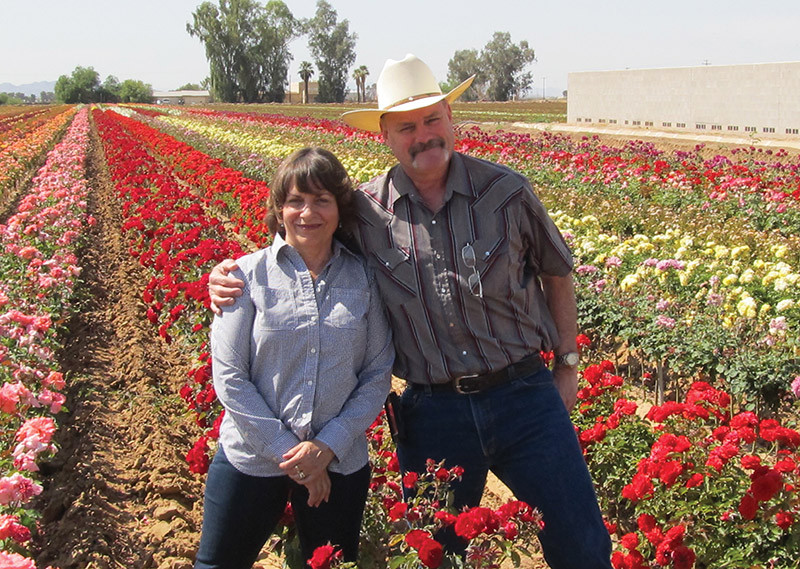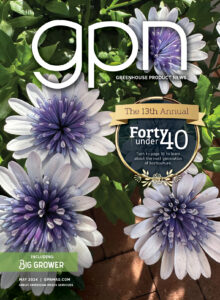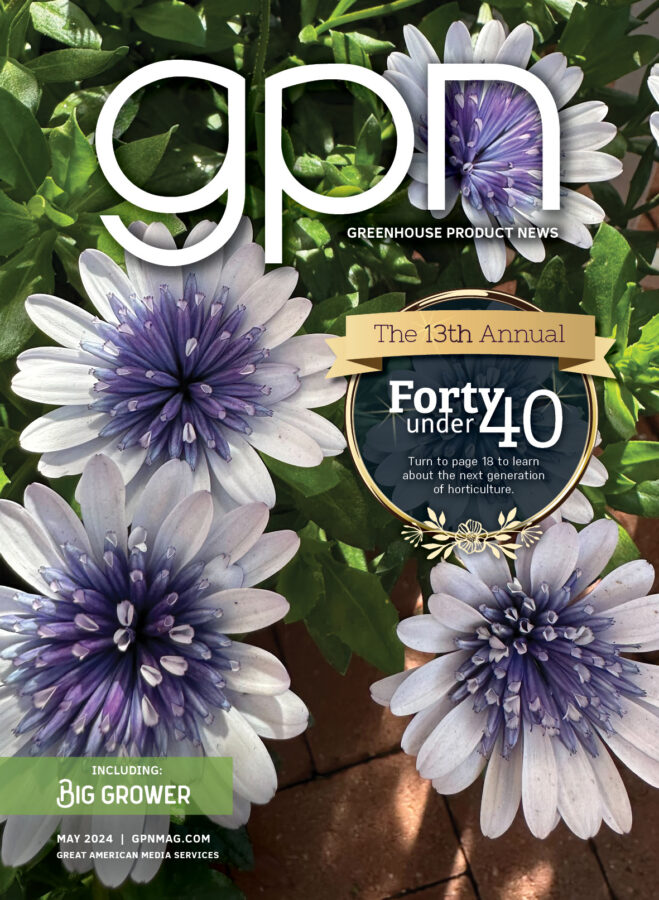
Are Your Expectations Realistic?
Dealing with our businesses and personal lives on a daily basis, do you feel like you are entitled to something — or even everything? Many people do. Some businesses claim to have high standards and are always letting you know that. So walking in, you already expect that in some fashion you are going to be greeted differently.
Are your expectations realistic at that point? Are you going to hold them accountable? You are at a crossroad.
When you need something, will you lower your expectations and deal with brand X or will you pursue your higher expectations? That’s a hard one as we are all different and it depends on what the need is.
If you own a business, do you strive to go above and beyond your customers’ expectations? Whether it be direct customer interaction, customer service, delivery methods, or excellent product quality, etc. Apple and Starbucks are great examples of companies that advertise a unique value and deliver it. You already know walking in what your experience will be and that your expectations, which have been set by the company, are going to be met and even surpassed.
Providing Quality In A Changing Economy
Quality and expectations seem to go hand in hand. Dealing with cheap products doesn’t include high expectations on longevity or performance. On the other hand, if we purchase something that is rather expensive we tend to raise the bar of our expectations. But are they realistic?
We’ve gone to a global economy, which now means we will be dealing with a lot more manufacturers. Do we have high expectations for them and how do we hold them accountable? What they expect and what we (you) expect might mean something different. This is especially true when we deal with different cultures as they are not exactly the same as those of the U.S.
Although we’ve gone to a “recyclable” country, it seems like a lot of the things we purchase whether electronics, regular household items or office equipment, don’t hold up anymore. We purchase, use and then throw away. In some situations, it’s just replacing the current “old” with the tomorrow “new” — always having the newest model.
So, are our expectations realistic there as well? How do you feel when you make a large purchase for your greenhouse/nursery and the item gets shipped and is not what you expected?
Unrealistic Expectations
One example is what do you expect of your pesticides? Most of us seem to expect what Ann would term as a miracle cure. Can the pesticides deliver on that expectation? Not really — having the high expectation that a cure is available stops many operations from making needed cultural changes or investing in a long-term solution rather than the spray and pray approach.
To go a little further into this issue — why isn’t there a miracle cure for everything that is inexpensive, safe and 100 percent effective? Consider the fact that over the last 30 or so years we have reached some goals for curing some human cancers. The effort to reach these goals was primary for the medical community and the funding was astronomical. If you then look at agriculture, the level of pubic awareness is far lower as is the funding possible to reach similar disease control goals. Finally, ornamentals are the tiniest fraction of agriculture. Finding products to treat a disease on an ornamental crop is an extremely low priority for most of humanity and the dollars available are logically far less than needed to find cures. It’s all about money and return on investment so we just don’t have a big enough market to justify the dollars.
In another area, do you expect generic products to perform equally to the branded products? Although some suppliers say they are equal, they may not always be tested in side-by-side comparisons. The products may be formulated differently and that could impact its performance in the greenhouse.
Having A Backup Plan
Finally, what is your backup plan when your expectations prove to be unfounded or unrealistic? The best approach is to evaluate your expectations constantly and adjust them based on actual evidence. Having high expectations is not automatically unrealistic, but be willing to change your expectations on a moment’s notice. It is up to each of us to determine our own priorities and the ways we will reach our goals.
Chase Agricultural Consulting, LLC was formed at the end of 2011 when Ann (A.R.) Chase and Mike Zemke moved to Arizona. Ann has more than 35 years experience in research, diagnostics and practical consulting in plant pathology. She has been retired from the University of Florida – Mid Florida Research and Education Center in Apopka since 1994, but remains on staff as a Professor Emeritus. Mike holds an Associate of Applied Science in manufacturing drafting. Mike started his education in horticulture when he and Ann were married in 1995. He specializes in communications of all sorts within the industry.


 Video Library
Video Library 




















